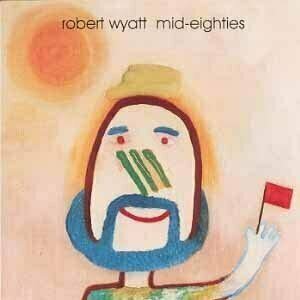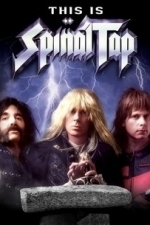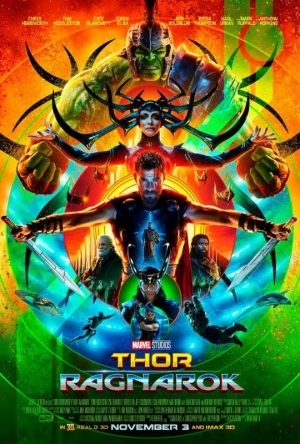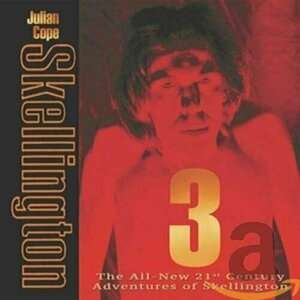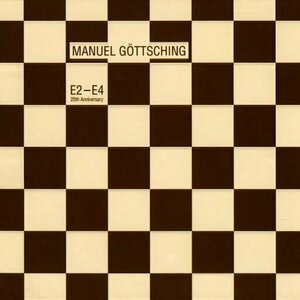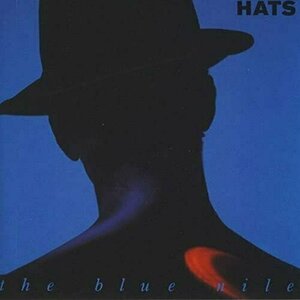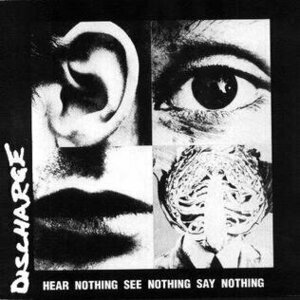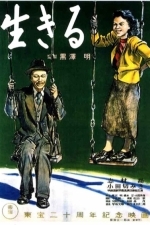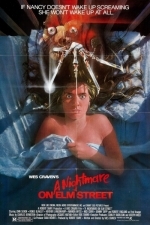Search
Search results
AL
A Life in Brine: A Surfer's Journey
Book
Covering 40 years of surf culture, Australian writer Phil Jarratt rides a wave of nostalgia...
Alexis Taylor recommended Mid-Eighties by Robert Wyatt in Music (curated)
Michael Apted recommended This Is Spinal Tap (1984) in Movies (curated)
LeftSideCut (3776 KP) rated Thor: Ragnarok (2017) in Movies
Mar 5, 2021
I've got a lot a love for the first Thor movie, but like many others, the second one is probably my least favourite of the whole franchise. So, when one of the mightiest Avengers threatens to become stale, what is the solution? Taika fucking Waititi is the solution.
One of my favourite working directors helming an MCU film is exciting indeed, and manages to deliver a film that injects new life into the Thor series, manages to fit in with other chapters of the franchise without feeling too alien, but still has liberal splashings of Waititi's trademark wit throughout.
The comedy in this entry is thick and fast, but everything lands just right. It's fair to say that it's taken a leaf out the Guardians of the Galaxy playbook, but manages to come across smoother and feel more refined in it's humour than Vol. 2.
Chris Hemsworth, Tom Hiddleston, Anthony Hopkins, Mark Ruffalo and Idris Elba are back and as good as ever with MCU newcomers Cate Blanchett, carving a memorable figure as this movies big bad Hela (who I really hope we see again at somepoint), Tessa Thompson as the badass Valkyrie, a wonderful Jeff Goldblum as secondary villain Grandmaster (another that I hope we see again), and Karl Urban as The Executioner. It's a well put together cast.
It's packed full of comic shit too, with references to Man Thing, Beta Ray Bill, and Bi Beast, a tie in appearance from Doctor Strange, the first appearance of Surtur, and Hulk rampaging through Asgard. It has relentlessly entertaining set pieces and an 80s synth style soundtrack that tops everything wonderfully.
Not much to complain about here - easily the best of the Thor trilogy and a solid entry into the wider MCU.
One of my favourite working directors helming an MCU film is exciting indeed, and manages to deliver a film that injects new life into the Thor series, manages to fit in with other chapters of the franchise without feeling too alien, but still has liberal splashings of Waititi's trademark wit throughout.
The comedy in this entry is thick and fast, but everything lands just right. It's fair to say that it's taken a leaf out the Guardians of the Galaxy playbook, but manages to come across smoother and feel more refined in it's humour than Vol. 2.
Chris Hemsworth, Tom Hiddleston, Anthony Hopkins, Mark Ruffalo and Idris Elba are back and as good as ever with MCU newcomers Cate Blanchett, carving a memorable figure as this movies big bad Hela (who I really hope we see again at somepoint), Tessa Thompson as the badass Valkyrie, a wonderful Jeff Goldblum as secondary villain Grandmaster (another that I hope we see again), and Karl Urban as The Executioner. It's a well put together cast.
It's packed full of comic shit too, with references to Man Thing, Beta Ray Bill, and Bi Beast, a tie in appearance from Doctor Strange, the first appearance of Surtur, and Hulk rampaging through Asgard. It has relentlessly entertaining set pieces and an 80s synth style soundtrack that tops everything wonderfully.
Not much to complain about here - easily the best of the Thor trilogy and a solid entry into the wider MCU.
Britt Daniel recommended track Out of My Miond on Dope and Speed by Julian Cope in Skellington by Julian Cope in Music (curated)
Jez Williams recommended track E2-E4 by Manuel Goettsching / Manuel Gottsching in E2-E4 by Manuel Goettsching / Manuel Gottsching in Music (curated)
Tom Chaplin recommended Hats by The Blue Nile in Music (curated)
Mark Arm recommended Hear Nothing, Say Nothing, See Nothing by Discharge in Music (curated)
Kazu Kibuishi recommended Ikiru (1952) in Movies (curated)
LeftSideCut (3776 KP) rated A Nightmare on Elm Street (1984) in Movies
Jul 4, 2021
80s horror is its own unique thing, and nothing quite encapsulates the era as well as A Nightmare On Elm Street. Another series that spawned a whole bunch of sequels, the original holds the crown, and still stands the test of time.
For one, iconic slasher villain Freddy Krueger is a scary motherfucker here. There are glimpses of the more comedic elements that would encompass his personality in later entries, but here, for the most part, he's a no nonsense, nasty SOB. Of course Robert Englund relishes in his role, and it's hard to see anyone else effectively filling his shoes.
Opposite Freddy is Nancy Thompson (a fantastic Heather Langenkamp), a well written and hugely likable final girl, a final girl who rivals Laurie Strode in the pantheon of horror protagonists.
The premise of ANOES is wonderfully simple. Don't fall asleep. This film scared the living shit out of me when I was a young teenager. Wes Craven was extremely successful in doing for sleep what Jaws did for swimming in the ocean. As an adult, it's less scary sure, but still makes me feel uneasy. This is thanks to a wonderfully creepy score by Charles Bernstein, and the of course, the incredibly executed, and imaginative kill scenes. The gory moments are paced out nicely, and hit hard when they arrive. The first kill in particular is a solid all timer, and then the infamous scene where Johnny Depp meets his demise is so otherworldly. It really drives home the near impossible odds that the good guys are facing.
ANOES is obviously a genre classic, and I personally think it just gets better with age. One of the all time greats, from one of the all time greats.
For one, iconic slasher villain Freddy Krueger is a scary motherfucker here. There are glimpses of the more comedic elements that would encompass his personality in later entries, but here, for the most part, he's a no nonsense, nasty SOB. Of course Robert Englund relishes in his role, and it's hard to see anyone else effectively filling his shoes.
Opposite Freddy is Nancy Thompson (a fantastic Heather Langenkamp), a well written and hugely likable final girl, a final girl who rivals Laurie Strode in the pantheon of horror protagonists.
The premise of ANOES is wonderfully simple. Don't fall asleep. This film scared the living shit out of me when I was a young teenager. Wes Craven was extremely successful in doing for sleep what Jaws did for swimming in the ocean. As an adult, it's less scary sure, but still makes me feel uneasy. This is thanks to a wonderfully creepy score by Charles Bernstein, and the of course, the incredibly executed, and imaginative kill scenes. The gory moments are paced out nicely, and hit hard when they arrive. The first kill in particular is a solid all timer, and then the infamous scene where Johnny Depp meets his demise is so otherworldly. It really drives home the near impossible odds that the good guys are facing.
ANOES is obviously a genre classic, and I personally think it just gets better with age. One of the all time greats, from one of the all time greats.

